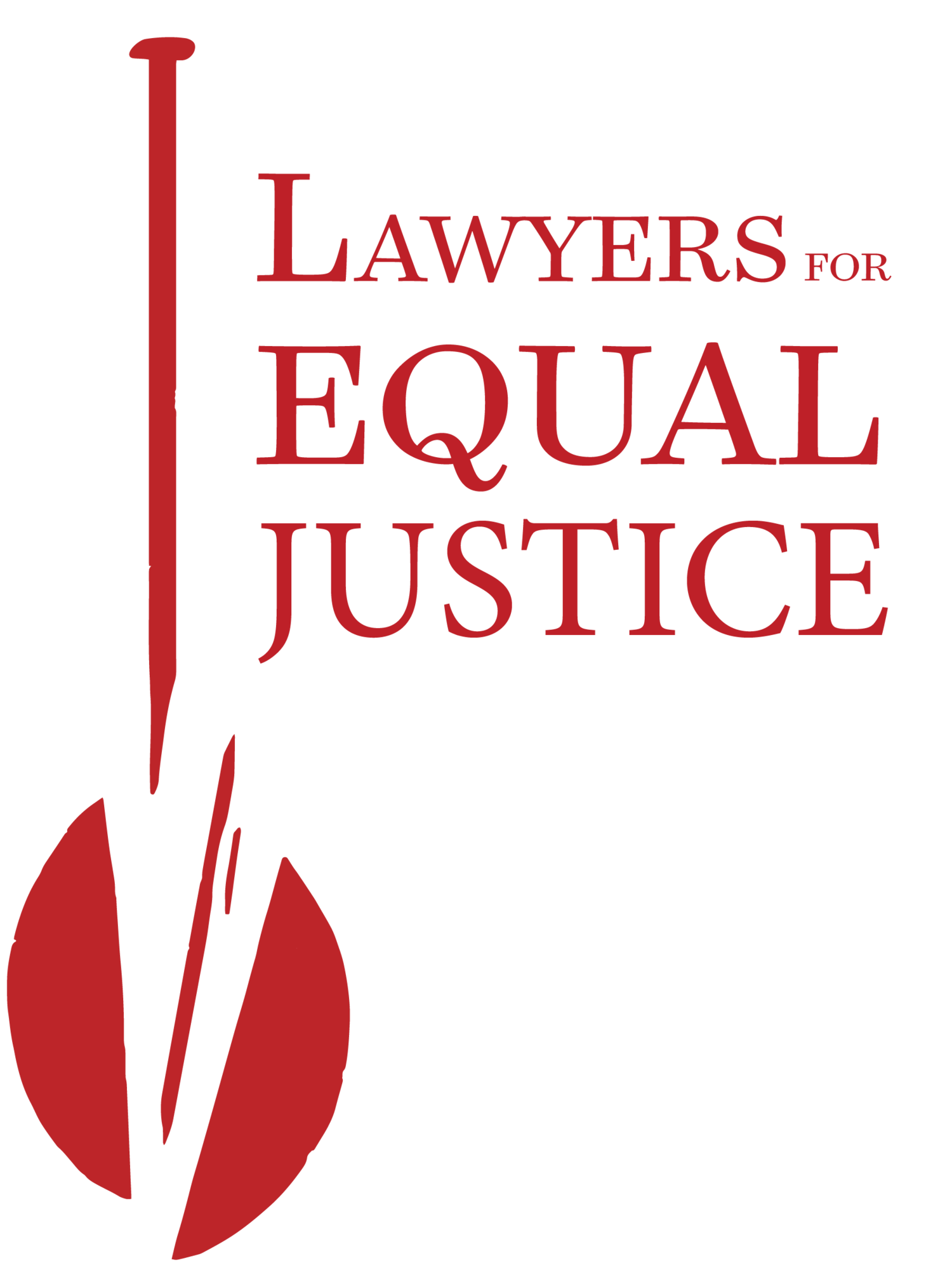Hawaiʻi homeless children denied equal access to education
Civil rights groups charge state with failure in federal class action lawsuit.
HONOLULU, Hawaiʻi — Calling the State of Hawaiʻi’s treatment of homeless children a travesty, civil rights groups and attorneys filed a class action lawsuit today challenging the state’s failure to provide homeless children with equal access to public education. The lawsuit which names three homeless parents and their children charges state officials with ignoring their legal obligations to provide homeless children with equal access to a free and appropriate public education in violation of the McKinney-Vento Act. The lawsuit also charges state officials with violating constitutional requirements to provide equal access to public education without regard to the status of homelessness.
The lawsuit was filed in federal district court by the American Civil Liberties Union of Hawaiʻi Foundation (ACLU of Hawaiʻi), Lawyers for Equal Justice (LEJ) and the law firm Alston Hunt Floyd & Ing, and seeks a court order requiring the state to fulfill its legal obligations and protect the educational rights of homeless students and their parents. The three homeless parents and their children seek to represent all homeless students and their parents in Hawaiʻi.
Homeless parents and children face innumerable barriers when they try to access education in the Hawaiʻi public school system. Plaintiff Alice Greenwood, a homeless parent with physical disabilities whose child, age 6, missed 33 days of school last year because state officials failed to provide transportation, said, “Every child deserves an education. He shouldn’t be punished just because he’s homeless. It’s not his fault.”
Plaintiffs Olive Kaleuati and Venise Lewis reported similar problems. School officials refused to allow Kaleuati’s children to enroll because they were unable to provide a permanent address or moved out of the school area. As a result, the children were forced to stay home or change schools. Lewis reported numerous incidences where her children had to stay home from school because she had no money to pay for bus fare. Plaintiffs repeatedly pled with school officials for help, only to be threatened or ignored. Tragically, these examples are typical of the problems reported by homeless parents and children throughout the state.
The McKinney-Vento Act was enacted in 1987 to break down these barriers and ensure that children in homeless situations can enroll in, attend and succeed in school and preschool programs. Although the state receives hundreds of thousands of dollars every year in federal grant money specifically earmarked to implement the act and assist homeless families, the lawsuit charges that the state has failed completely to uphold its duties under the act and to provide homeless children with equal access to a free and appropriate public education.
“The state’s complete disregard of its duty to assist this extremely vulnerable population is indefensible,” stated Lois Perrin, ACLU of Hawaiʻi Legal Director. “It is absolutely shocking that the state has failed to assist these children despite having been on formal notice of its noncompliance since 2006.”
William Durham, LEJ attorney, stated further, “For homeless children and their parents, education is the way out of a deplorable situation. Yet the state has erected barriers for them at every turn in violation of federal law and the U.S. Constitution. By bringing this lawsuit, we are fighting for homeless children to get the education they need and deserve.”
The lawsuit names as defendants Judy Tonda, Department of Education (DOE) Homeless Coordinator; Patricia Hamamoto, DOE Superintendent; Robert McClelland, DOE Systems Accountability Office Director; Board of Education members Karen Knudsen, John Penebacker, Herbert Watanabe, Breene Harimoto, Dr. Eileen Clarke, Dr. Lei Ahu Isa, Kim Coco Iwamoto, Mary Cochran, Maggie Cox, Cec Heftel, Denise Matsumoto, Donna Ikeda, and Garrett Toguchi; and Chiyome Fukino, Department of Health Director.
###
Lawyers for Equal Justice (LEJ) is a legal aid organization that was created in 2001 to complement existing legal service providers that assist financially disadvantaged people. LEJ engages in legal advocacy, including the bringing of class actions, to assist low income individuals and communities in the enforcement of their rights and the obtaining of benefits under the law or governmental policies and regulations. LEJ also engages in advocacy before local, state and federal agencies in rule or law making proceedings which will affect low income people and focuses on legal education activities to inform low income individuals and groups of their rights.
The mission of the ACLU of Hawaiʻi is to protect the fundamental freedoms enshrined in the U.S. and State Constitutions. The ACLU of Hawaiʻi fulfills this through legislative advocacy, litigation, and public education programs statewide. The ACLU of Hawaiʻi is a nonpartisan, private nonprofit organization that provides its services at no cost to the public and does not accept government funds. The ACLU of Hawaiʻi has been serving Hawaiʻi for over 40 years.
Alston Hunt Floyd & Ing, one of Hawaiʻi’s largest law firms, represents clients in resolving disputes in federal and state court and other dispute resolution forums. The firm presently represents clients including substitute teachers and others, in numerous class actions against the State of Hawaiʻi.
